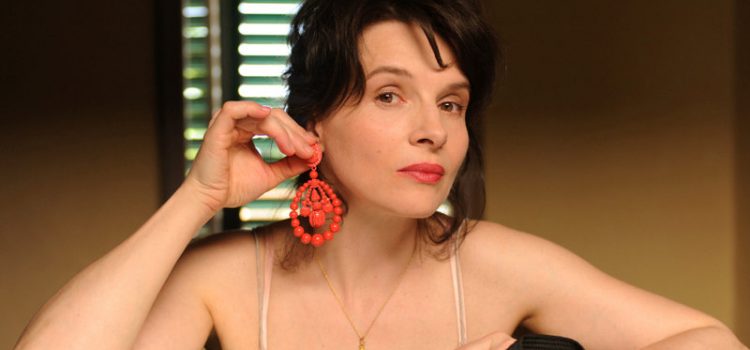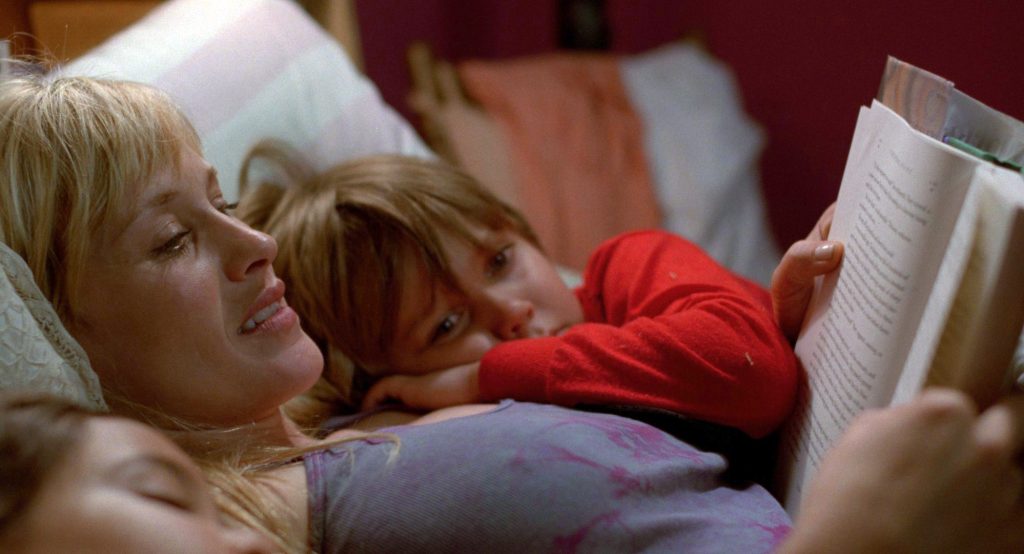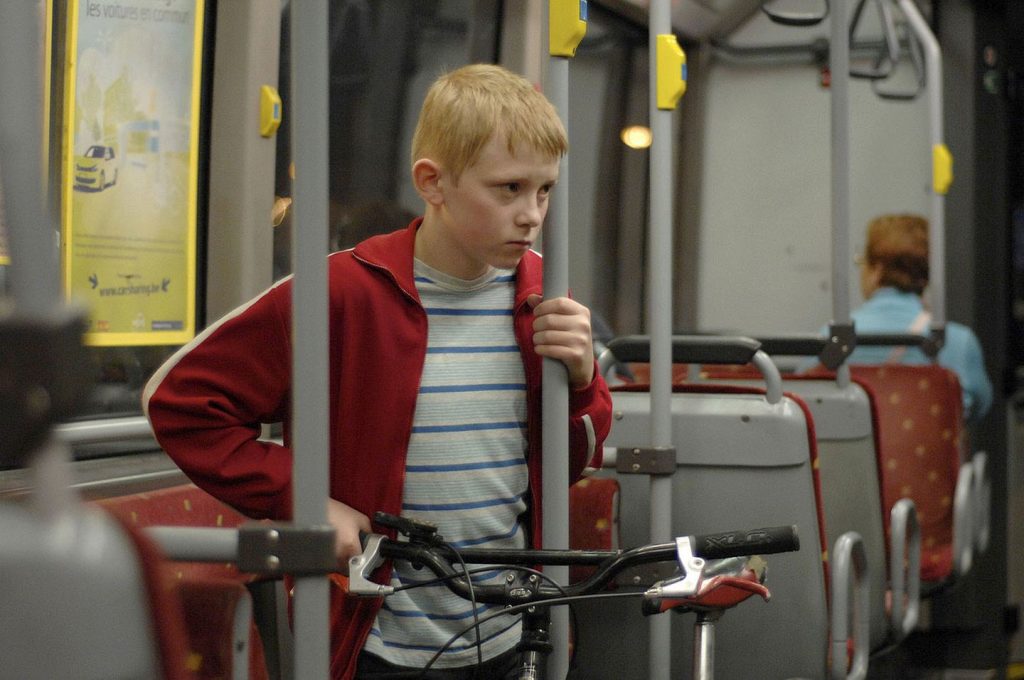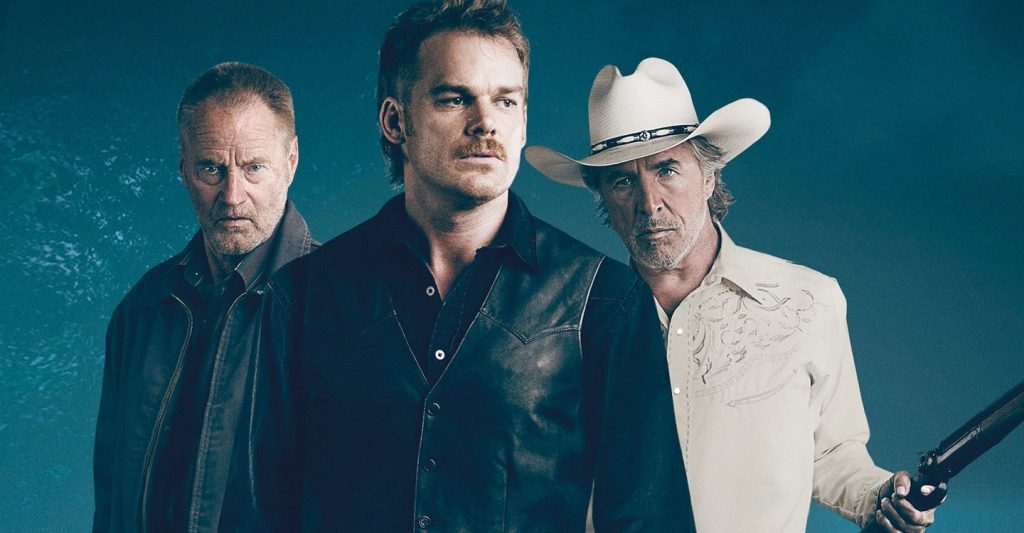By Lynn Venhaus
Women of privilege but not power in a male-dominated world has been a theme in other Sofia Coppola films, and “Priscilla” fits that mold in its look at the heavily documented superstar life of The King of Rock ‘n Roll, but from his sheltered bride’s perspective.
More style than substance, “Priscilla” could be considered a companion piece to last year’s flashier, bolder “Elvis,” and presents snapshots of the Presleys’ relationship, only hinting at deeper issues instead of delving into them.
That keeps the pair at arm’s length, meaning we don’t invest emotionally – although the performers convey believable characters. Portraying the sweet, naïve Priscilla Beaulieu, Cailee Spaeny is a stunner in a breakthrough role. As the sultry superstar, Jacob Elordi, as he has done as the bad-boy jock in “Euphoria,” implies a complexity to the singer-matinee idol that isn’t explored.
Yet, the movie is named after the homesick schoolgirl who was thrust into an intoxicating whirlwind romance that she was incapable of understanding because of her not-fully-formed emotional development (and his). After all, he was 24 and she was 14 when they met while he was stationed in the Army in Germany and her stepfather was an officer. If you fast forward 60 years later, and the couple never would have survived today’s harsh social media scrutiny.
Whether intentionally or not, Elvis doesn’t come across in the best light if we’re looking through a modern lens. Did he groom her and take advantage of an underage girl? Or were feelings pure and the connection on a different level?
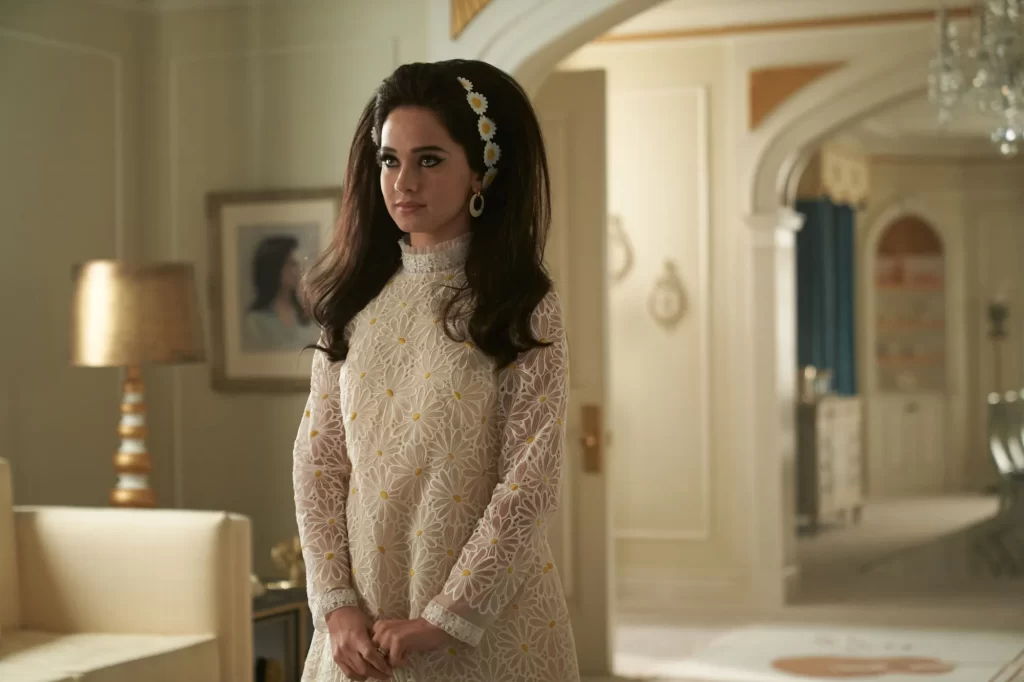
But, of course, their era was a very different time in gender politics. They were married from 1967 to 1973, first meeting in 1959. After Elvis’s death in 1977,at age 42, Priscilla took over the reins of his legacy, and became generally regarded as a savvy businesswoman. She also had an acting career, most notably in “The Naked Gun” movies and on TV’s “Dallas.”
Elvis Presley Enterprises, which represents the trust and the physical estate Graceland, denied using his music catalogue for the film. Priscilla is the co-founder and former chairperson, and serves as an executive producer of this film. Music supervisor Phoenix is left to needle-drops of the time period.
In a moody, evocative way, benefitting from cinematographer Philippe Le Sourd’s lens, writer-director Coppola has created a fairy-tale fantasy, where an impressionable girl lives a surreal teenage dream. Elvis treats the dainty teenager like a doll, making sure she dresses in a certain way and creating her look according to his specifications.
Coppola has mined this point of view before, as the phrase “women in a gilded cage” has been used to describe her previous films – “The Virgin Suicides,” “Somewhere,” and “Marie Antoinette.” Coppola can and has defied expectations, for she followed up a widely panned acting turn in “The Godfather Part III” as Michael Corleone’s daughter Mary in 1990 with “The Virgin Suicides” in 1999, eventually winning an Academy Award for Best Original Screenplay for 2003’s “Lost in Translation.”
Similar to what happens to Cinderella and the handsome prince (“I was raised to be charming, not sincere”) when reality sets in during the second act of “Into the Woods,” we view a paradise lost. You can feel Priscilla’s crushing loneliness while she attends an all-girls Catholic high school in Memphis and “keeps the home fires burning” at Graceland while he was touring or making movies or hanging with his TCB entourage. The suffocating oppression is as obvious as Xanadu in “Citizen Kane” yet the film barely touches the surface of the corrupting over-indulgence.
The production design by Tamara Deverell, who has worked on several of Guillermo del Toro’s films, is meticulous in its gaudy, retro stylings of Graceland and the high life in Las Vegas. Costume designer Stacey Battat has created marvelous vintage looks for every character, but her work dressing Priscilla is exquisite in its array of colors, textures, and tiny details.
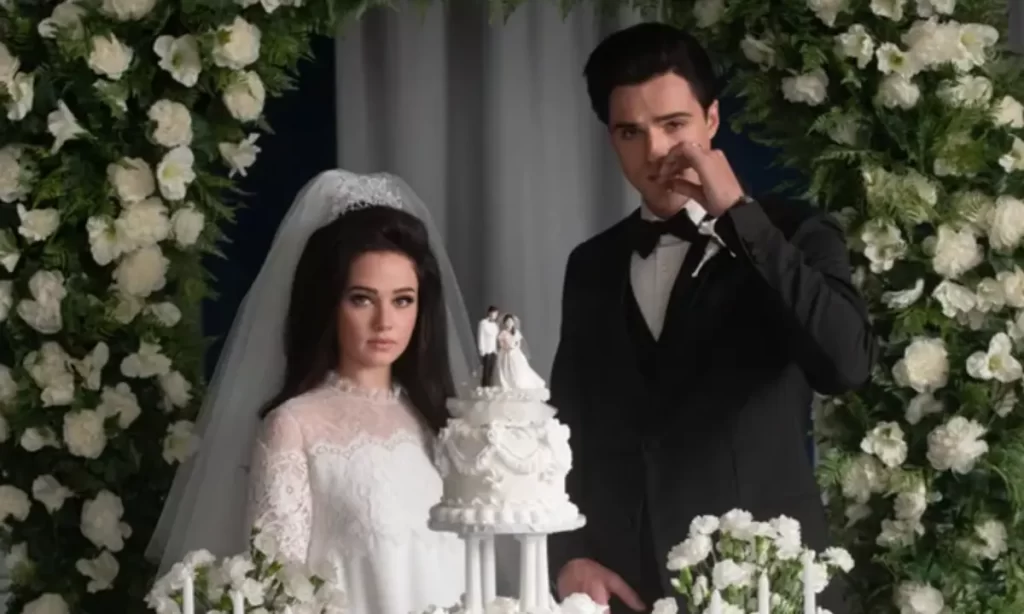
Spaeny, who played the teen who went missing in “Mare of Easttown” and has been in minor roles, shows how that isolation manifests in her character, and how she transforms from a blank slate into what Elvis wanted and expected in a wife.
At 6’ 5”, Elordi is a striking Elvis, and conveys a more human side of the legend we think we know. While a lavish lifestyle is depicted, he portrays the King as a country boy trying to navigate the pitfalls of fame whose ego has a hard time shaking off slights. He’s attempting to live up to an image he thinks he should – wine, women, song – while compartmentalizing his home life.
It would have been interesting to address more of Priscilla’s side, as she finally gets enough gumption to leave, but the film ends abruptly – just as Priscilla is coming into her own as a person. She was 28 then.
The source material is Priscilla’s memoir “Elvis and Me” from 1986, which recalls the intimate details of their private life while living a very public lifestyle. The movie indicates nuggets of truth behind the tabloid rumors, and refers to, but glosses over, his peccadillos.
But the biggest omission is getting a sense that the two had an unbreakable bond that continued after his death, which Priscilla has maintained.
While fascinating, “Priscilla” is an incomplete work, and needed more to fill in the blanks.
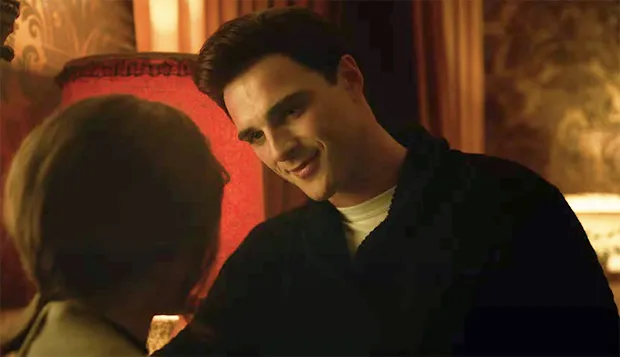
“Priscilla” is a 2023 biographical drama-romance, written and directed by Sofia Coppola and starring Cailee Spaeny, Jacob Elordi, Ari Cohen and Dagmara Dominczyk. It is rated R for drug use and some language, and runs 1 hour, 50 minutes. It opened in theaters November 3. Lynn’s Grade: B-

Lynn (Zipfel) Venhaus has had a continuous byline in St. Louis metro region publications since 1978. She writes features and news for Belleville News-Democrat and contributes to St. Louis magazine and other publications.
She is a Rotten Tomatoes-approved film critic, currently reviews films for Webster-Kirkwood Times and KTRS Radio, covers entertainment for PopLifeSTL.com and co-hosts podcast PopLifeSTL.com…Presents.
She is a member of Critics Choice Association, where she serves on the women’s and marketing committees; Alliance of Women Film Journalists; and on the board of the St. Louis Film Critics Association. She is a founding and board member of the St. Louis Theater Circle.
She is retired from teaching journalism/media as an adjunct college instructor.


